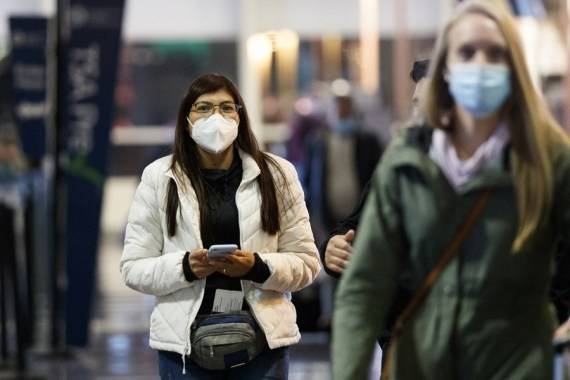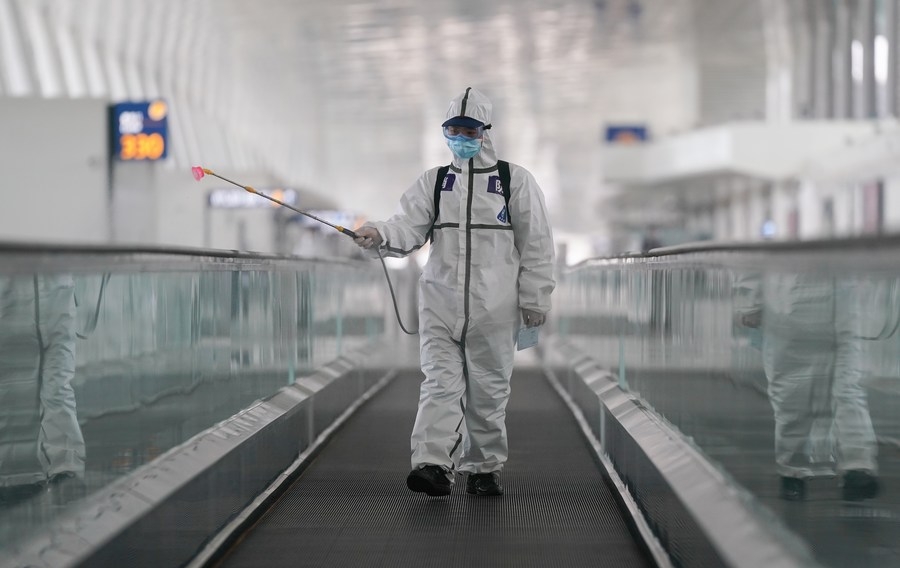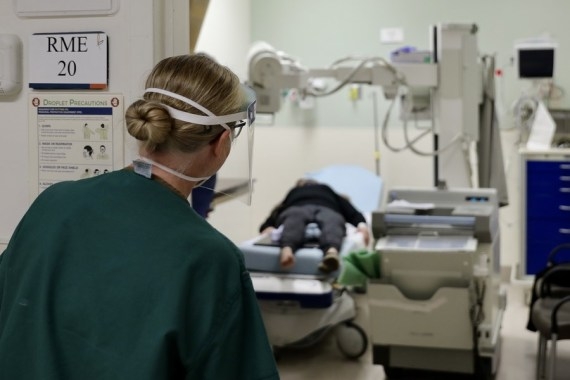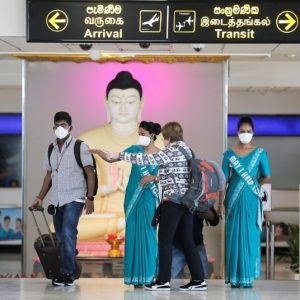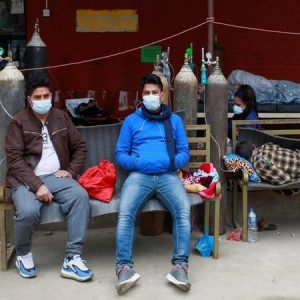From beginning of the Covid-19 outbreak, researchers have argued that Covid-19 was not airborne. However, the view has been changing…reports Asian Lite News
Exposure to respiratory fluids — very fine respiratory droplets and aerosol particles — present in air and which carry viruses are the main reason for contracting Covid-19 infection, the US Centers for Disease Control and Prevention (CDC) said.
People release respiratory fluids during exhalation — quiet breathing, speaking, singing, exercise, coughing, sneezing in the form of droplets. While large droplets settle out of the air within seconds to minutes, very fine droplets can remain suspended in the air for minutes to hours. These droplets carry viruses and transmit infection, said the agency’s latest science brief as part of its public guidelines on Covid-19.
Exposure to these droplets occurs in three principal ways: inhalation of very fine respiratory droplets and aerosol particles, deposition of respiratory droplets on exposed mucous membranes in the mouth, nose, or eye by direct splashes and sprays, and touching mucous membranes with hands that have been soiled either directly by virus-containing respiratory fluids or indirectly by touching surfaces with virus on them
Further, “the risk of SARS-CoV-2 infection varies according to the amount of virus to which a person is exposed,” the CDC said.
Infections through inhalation at distances greater than six feet from an infectious source are less likely than at closer distances. But, when an infectious person exhales virus indoors for an extended time (more than 15 minutes and in some cases hours), it can lead to virus concentrations in the air space.
Also read:Covid impacts on liver
It can be sufficient to transmit infections to people more than 6 feet away, and in some cases to people who have passed through that space soon after the infectious person left. The risk in this case is more in enclosed spaces with inadequate ventilation, the agency said.
While there remains many knowledge gaps about Covid, the available evidence continues to demonstrate that existing recommendations to prevent SARS-CoV-2 transmission remain effective. This includes physical distancing, community use of well-fitting masks (e.g., barrier face coverings, procedure/surgical masks), adequate ventilation, and avoidance of crowded indoor spaces.
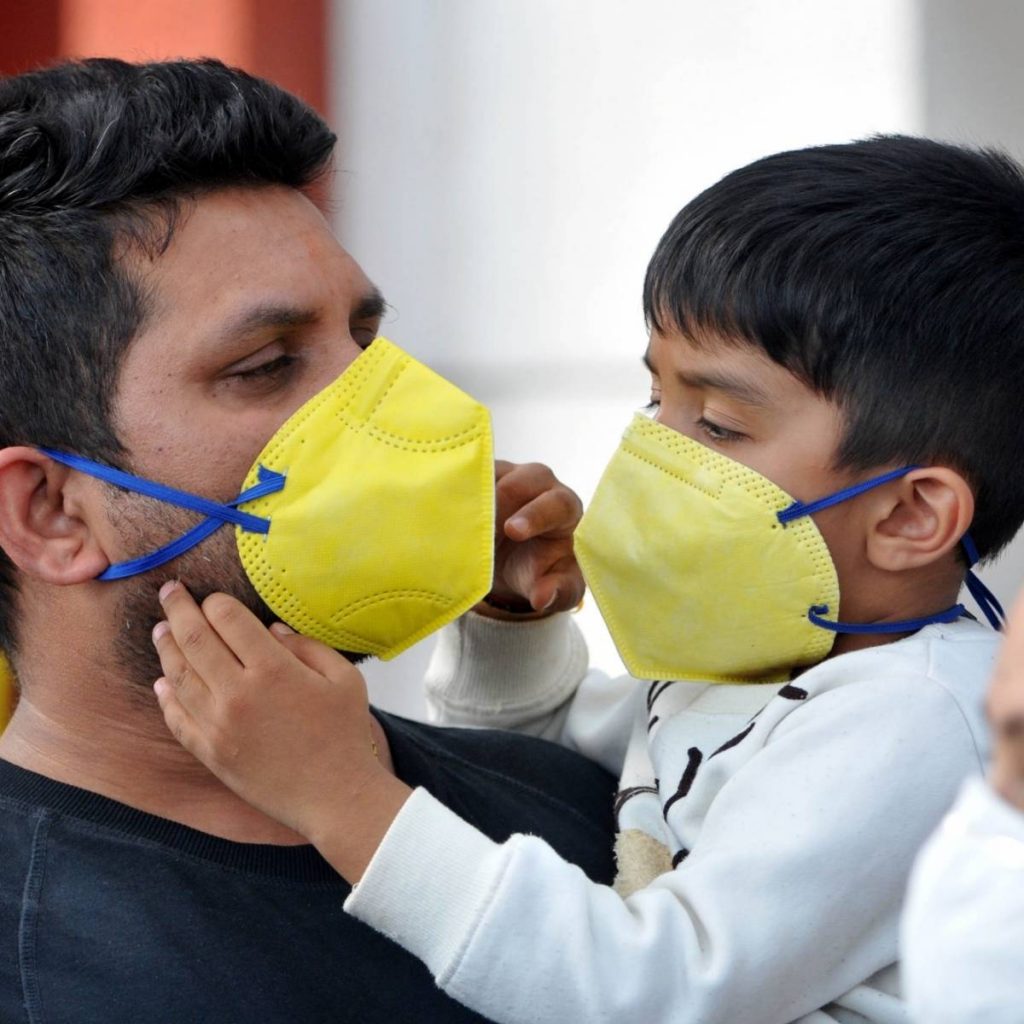
“These methods will reduce transmission both from inhalation of virus and deposition of virus on exposed mucous membranes. Transmission through soiled hands and surfaces can be prevented by practicing good hand hygiene and by environmental cleaning,” the CDC suggested.
Since the beginning of the Covid-19 pandemic last year, researchers have argued that Covid-19 was not airborne. However, the view has been changing.
The World Health Organisation (WHO), in a recent brief, said, “Current evidence suggests that the virus spreads mainly between people who are in close contact with each other, typically within 1 metre (short-range). A person can be infected when aerosols or droplets containing the virus are inhaled or come directly into contact with the eyes, nose, or mouth.”
The Lancet had, in April claimed in a new assessment that there is consistent, strong evidence to prove that the SARS-CoV-2 virus is predominantly transmitted through the air.
Also read:Heartbreaking: Kamala Harris on India Covid crisis


